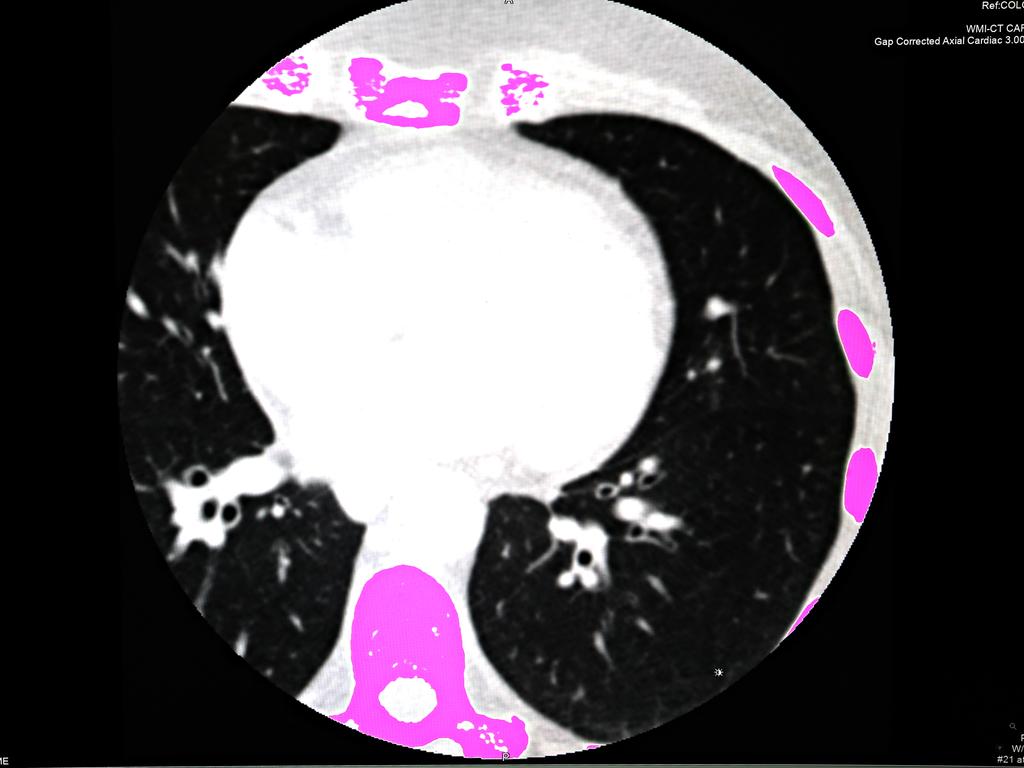Heatwaves can double risk of fatal heart attack
When temperatures soar so does the risk of a fatal attack, when the heat coincides with a spike in air pollution, a study has found.

Heatwaves can double the risk of a fatal heart attack, a study has suggested.
Scientists looked at 202,000 heart attack deaths in China between 2015 and 2020, alongside information on daily temperatures and air pollution levels. They found that heart attacks were 74 per cent higher during four-day heatwaves when the temperature was above 35C.
When the heatwave coincided with a surge in air pollution, which usually occurs on hot, sunny days, the risk of fatal heart attacks doubled.
The study found that women, and people over the age of 80, were more vulnerable to the effects of extreme heat.
Cold temperatures did not have the same influence, but did cause a slight rise in heart attack deaths. During three-day cold snaps, with temperatures below 3C , heart attacks were 12 per cent higher.
Overall, the researchers estimated that up to 2.8 per cent of total heart attack deaths were caused by the combination of extreme temperatures and high levels of air pollution.
Dr Yuewei Liu, the study’s lead author from Sun Yat-sen University in Guangzhou, southern China, said: “Extreme temperature events are becoming more frequent, longer and more intense, and their adverse health effects have drawn growing concern.
“To improve public health, it is important to take fine particulate pollution into consideration when providing extreme temperature warnings to the public.
“Our findings provide evidence that reducing exposure to both extreme temperatures and fine particulate pollution may be useful to prevent premature deaths from heart attack, especially for women and older adults.”
Previous research has shown that excess deaths in England are significantly higher during heatwaves. Last year 3,271 more deaths than the five-year average were recorded during five hot spells between June and August, when some places in England experienced temperatures of 40C.
Air pollution increases the risk of a person having a heart attack as tiny pollutants released by traffic fumes are inhaled and can seep into the bloodstream, causing inflammation and damage.
The Times






To join the conversation, please log in. Don't have an account? Register
Join the conversation, you are commenting as Logout